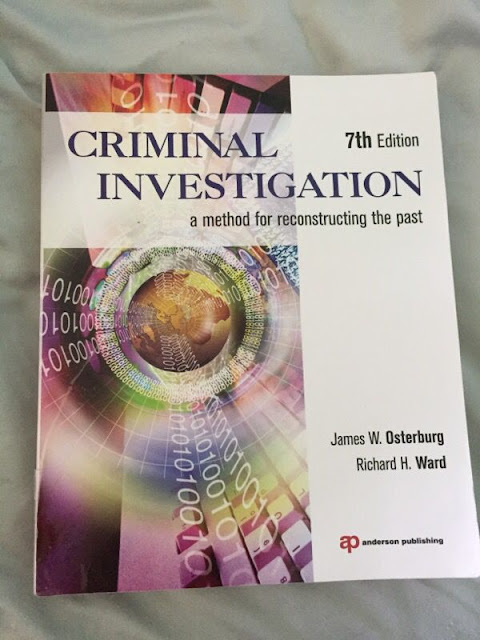
The Investigation Giant A professional and
skilled investigative office is at your service for 24 hours.

The Investigation Giant A professional and
skilled investigative office is at your service for 24 hours.
Suspect anyone? We will provide you with the answers in a reliable, discreet, and professional manner.
Investigating the truth is a very complex thing and depends on a multitude of variables. In the end, the truth is found through fact and proof of reality, lots of searching for it, everyone wants to be aware of it, to be open-minded and to follow what is going on, yet we all lack the capabilities and tools. The Investigations Giant is a professional and skilled investigative firm that provides information, investigations, and consulting services to the private and business sectors. The firm employs registered private investigators on behalf of the Ministry of Justice, who have previously served in various security systems. The firm is in continuous contact with the client at the time of the investigation.
A detective is an investigator, either a member of a police agency or a private person. The latter may be known as private investigators (P.I.s or “Private Is”, hence the play-on-words, “Private Eyes”). Informally, and primarily in fiction, a detective is any licensed or unlicensed person who solves crimes, including historical crimes, or looks into records.
Detectives have a wide variety of techniques available in conducting investigations. However, the majority of cases are solved by the interrogation of suspects and the interviewing of witnesses, which takes time. Besides interrogations, detectives may rely on a network of informants they have cultivated over the years. Informants often have connections with persons a detective would not be able to approach formally. Evidence collection and preservation can also help in identifying a potential suspect(s).
Criminal investigation: the investigation of criminal activity is conducted by the police. Criminal activity can relate to road use such as speeding, drunk driving, or to matters such as theft, assault, fraud, etc. When the Police have concluded their investigation a decision on whether to charge somebody with a criminal offense will often be made by prosecuting counsel having considered the evidence produced by the Police.
In criminal investigations, once a detective has suspects in mind, the next step is to produce evidence that will stand up in a court of law. The best way is to obtain a confession from the suspect; usually, this is done by developing rapport and at times by seeking information in exchange for potential perks available through the Attorney’s Office, such as entering for a lesser sentence in exchange for usable information. Detectives may lie, mislead and psychologically pressure a suspect into an admission or confession as long as they do this within procedural boundaries and without the threat of violence or promises outside their control.












0 comments:
Post a Comment